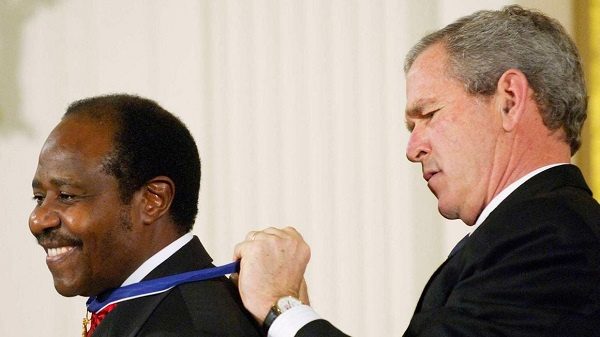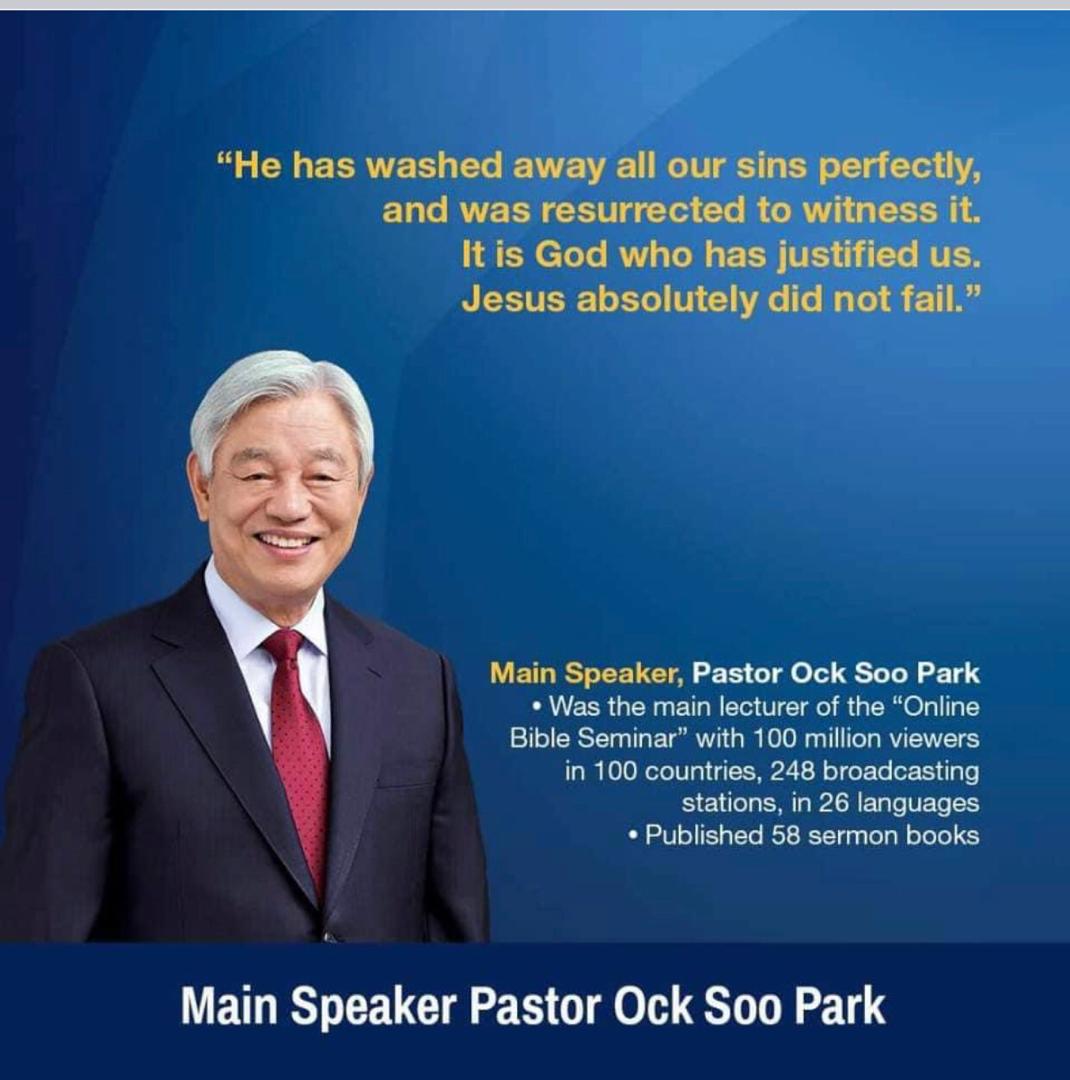Friends again: US, Rwanda patch fragile ties after Rusesabagina freed

Rusesabagina, a Rwandan who was portrayed in the film Hotel Rwanda as a hero who saved lives during the 1994 Genocide against the Tutsi, is a permanent resident of the US and also a Belgian citizen.
Despite Washington mounting pressure, including threatening to impose sanctions, Rwanda had been defiant and maintained it would not bow to international pressure to release Rusesabagina, who had been sentenced to 25 years in prison over his ties to a group opposed to Rwandan President Paul Kagame.
Opposition group leader
During his trial, Rusesabagina acknowledged being a leader in the opposition group, but denied responsibility for attacks carried out in Rwanda by the group’s armed wing.
Mr Rusesabagina had spent more than 900 days behind bars before he was released last Saturday.
A vocal critic of Rwandan President Paul Kagame, Rusesabagina disappeared in 2020 during a visit to Dubai in the United Arab Emirates and appeared days later in Rwanda in handcuffs. His family alleged he was kidnapped and taken to Rwanda against his will to stand trial.
Last week, however, Rwanda freed him following back channels involving lobbying by Qatar.
Rwanda, nonetheless, says the presidential pardon “does not negate the conviction and can be revoked should crimes be repeated.”
Resetting US-Rwanda relationship
“The close relationship between Rwanda and Qatar was key. This is the result of a shared desire to reset US-Rwanda relationship,” said Stephanie Nyombayire, President Paul Kagame’s press secretary, in a tweet on March 24, shortly after the decision to release Rusesabagina was made public.
While the release is expected to ease the diplomatic standoff between the two countries, relations are expected to remain fragile partly due to the ongoing escalation of tensions between Rwanda and the Democratic Republic of Congo over insecurity.
Diplomats on both sides have to navigate what US top diplomat Antony Blinken has called “credible reports” that Rwanda continues to support the M23, allegations repeatedly denied by Kigali.
Rwanda-Congo stand-off
Meanwhile, Congolese President Felix Tshisekedi has maintained calls for international sanctions on Rwanda over the alleged backing.
On its part, Rwanda has accused the US of failing to hold the DRC leadership to account, and instead “endorse(d) the DRC government’s false narrative blaming Rwanda for the crisis.”
“It is positive that the US statement on February 22 echoes the regional decisions related to hate speech and ethnic violence, the return of refugees, and the disarming and repatriation of the FDLR.
“However, the US appears consistently out of step with the decisions of the regional processes, and risks undermining them, by continuing to endorse the DRC government’s false narrative blaming Rwanda for the crisis,” said Rwanda in a statement issued on February 27 in response to repeated calls by the US that it supports M23 rebels.
Avoid sanctions
The EastAfrican has learnt that under the deal brokered by Qatar, a compromise was reached to help Rwanda avoid sanctions while the US committed to putting pressure on DRC to address its security concerns linked to the presence of remnants of the 1994 genocidaire army, Democratic Forces for the Liberation of Rwanda (FDLR).
“The US has long been concerned by the FARDC [the Armed Forces of the Democratic Republic of the Congo]’s collaboration with armed groups in the east, especially the FDLR. Just as we have stated numerous times previously, we reiterate our call on the DRC government to fully professionalise its security forces and to immediately end cooperation with armed groups,” said Robert Wood, the alternate representative for Special Political Affairs to the UN Security Council in a briefing on March 29.
The US envoy said Washington reiterates “its call on Rwanda to end support to the UN-sanctioned M23 and urges Council Members to consider how this kind of support runs afoul of existing sanctions regimes.”
Meanwhile, the US hopes to have its ambassador to Kigali report to duty soon.
US ambassador to Rwanda
Eric Kneedler, a former charge d’affaires in Kenya, was nominated last year by President Joe Biden to be ambassador to Rwanda.
He has pledged to “work tirelessly” to promote freedom of expression, democratic governance, and access to justice if confirmed by the Congress. He reiterated the need for an end to Rwanda’s support to M23.
“If confirmed, I will use every tool at my disposal to help de-escalate tensions, promote respect for sovereignty and territorial integrity, and assist ongoing Africa-led mediation efforts,” Kneedler told the US Senate Committee on Foreign Relations on March 1, during his confirmation hearing.
New envoy
Kneedler was nominated in August last year. If Congress approves him, he will replace Peter Vrooman, who served as America’s ambassador to Rwanda from 2018 to July 2021, when he was deployed to Mozambique.
Pressure release Rusesabagina
Despite Rwanda being a major US ally in the region, relations between the two countries have deteriorated since the arrest of Rusesabagina, with the US and its allies in Europe putting pressure on Rwanda to release him.
In May 2022, the US Department of State announced its determination that Rusesabagina was “wrongfully detained,” noting their “determination took into account the totality of the circumstances, notably the lack of fair trial guarantees during his trial.”
Following Rusesabagina’s release, Roger D. Carstens, the special presidential envoy for Hostage Affairs, said the State Department’s wrongful detention determination is rescinded.
“Taking into account recent development in the matter of Paul Rusesabagina, the State Department’s wrongful determination is rescinded. It is a relief to know Paul will be joining his family soon,” said Carstens in a tweet posted on March 25 without divulging further details.
Source: theeastafrican.co.ke





